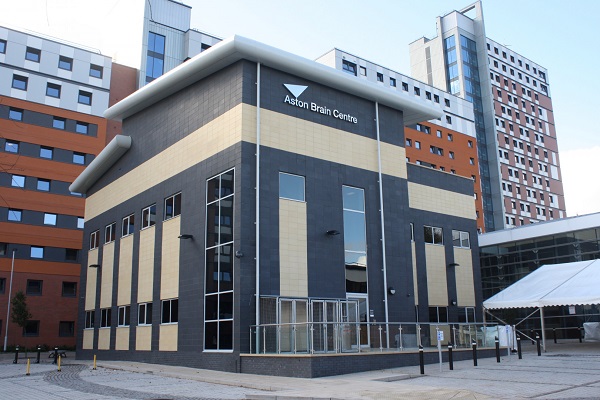Aston University: Researchers awarded £2 million to develop drugs to prevent epileptic seizures in children
Scientists at Aston University have started work on a project that will look for new drug treatments to prevent the onset of childhood epilepsy.
The three-year Medical Research Council (MRC) funded project is a collaboration led by researchers in the College of Health and Life Sciences at Aston University, partnered with Bristol University and Jazz Pharmaceuticals. They have been awarded £2 million to explore how epilepsy becomes established in the brain and how this process might be prevented.
The researchers will test new drugs in the human brain, using samples of living tissue taken from children with difficult to treat epilepsies who have had to have brain surgery.
Epilepsy is a brain disease which is characterised by seizures. As Professor Gavin Woodhall, lead researcher and co-director of Aston Institute of Health and Neurodevelopment, explains:
“Seizures are periods of time when networks of brain cells are too active and are uncontrollably excited and spiking. If uncontrolled excitation spreads to brain regions that control movement, then too many brain cells are ‘talking at the same time’ and we can see seizures as changes in movement such as jerks and twitches.”
Upon receiving the grant, Professor Woodhall said: “We will be able to study epilepsy in such detail that we hope to be able to treat the problems that underly epilepsy and not just the seizures themselves. And this could help pave the way to prevent epilepsy from developing in children at all.
“Essentially we want to find a treatment that stops the brain from being able to establish epilepsy after the first seizure – via a new drug treatment. We will be testing a known drug and a new drug to see if the drug can do this.”
As part of the research for this project the scientists will look at how different amounts of epileptic activity in the brain can alter the brain’s excitability. The researchers predict that if there are a lot of seizures, the synapses in the brain will decrease their activity and brain cells will become more likely to spike.
Professor Woodhall added: “This is why we will test antiepileptic drugs, and new drugs designed to interfere with homeostatic scaling – which is a form of plasticity, in which the brain responds to chronically elevated activity in a neural circuit with negative feedback, allowing individual neurons to reduce their overall action potential firing rate.
“By interfering with homeostatic scaling we will be able to see if they can prevent seizures from developing or reducing their intensity.”
The research will allow Professor Woodhall and his team to be able to record the life history of the disease. This is something which has not been done before in this level of detail and it is predicted it will help to shed light on how epilepsy initially develops in the brain.
Following on from the three-year project the team will move into drug development and then clinical trial.

